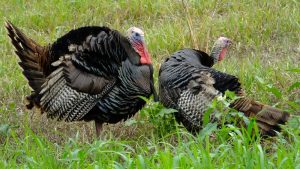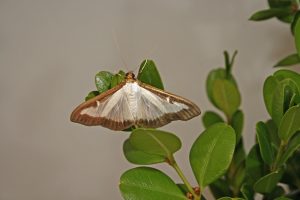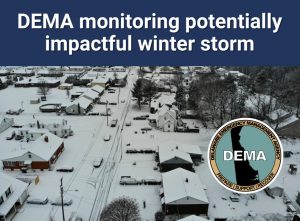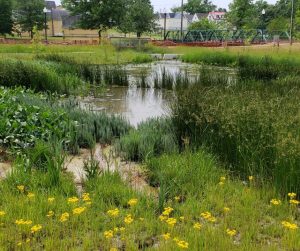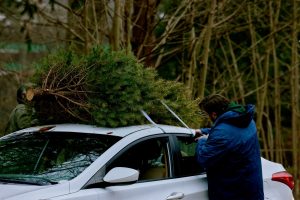Mosquito Control Spraying of Woodland Pools to Begin
The Delaware Department of Natural Resources and Environmental Control will begin annual spraying of spring woodland pools to control aquatic immature mosquitoes Tuesday, March 23, weather permitting.
DNREC Mosquito Control Section’s spraying season to begin with larviciding wooded wetlands
DNREC’s Mosquito Control Section within the Division of Fish & Wildlife will begin its annual spring woodland pool spraying campaign Saturday, March 17 on wooded wetlands near select populated areas in southern Sussex county, to treat mosquitoes’ immature aquatic larval stages.
Delaware Department of Agriculture warns Delawareans about pesticide application scam
In the scam, the homeowner is told that they must leave their house for a period of twelve hours while the individual sprays crops in the nearby vicinity. There are some indicators that these visits are a scam in an attempt to get the homeowner to leave their house unattended. There are currently no agricultural pesticide spraying practices in Delaware that would require one to leave their home.
Heavy rains prompt mosquito alert and advisory; DNREC Mosquito Control working to thwart big rise in numbers
Due to heavy rainfall Delaware has received in the last week – and with more rain forecast through the weekend – there will be plenty of surface water for the state’s mosquito species to lay their eggs with great numbers of mosquitoes expected to hatch in the near future.
2013 Mosquito Control season begins this week with spraying wooded wetlands
Weather permitting, DNREC’s Mosquito Control Section has started its annual spring woodland-pool spraying this week, treating wooded wetlands for control of immature (larval) mosquitoes near populated areas in New Castle, Kent and Sussex counties. Approximately 5,000 to 8,000 acres with woodland pools where early season mosquitoes breed in quantity will be strategically larvicided by helicopter, and possibly fixed-wing aircraft.










